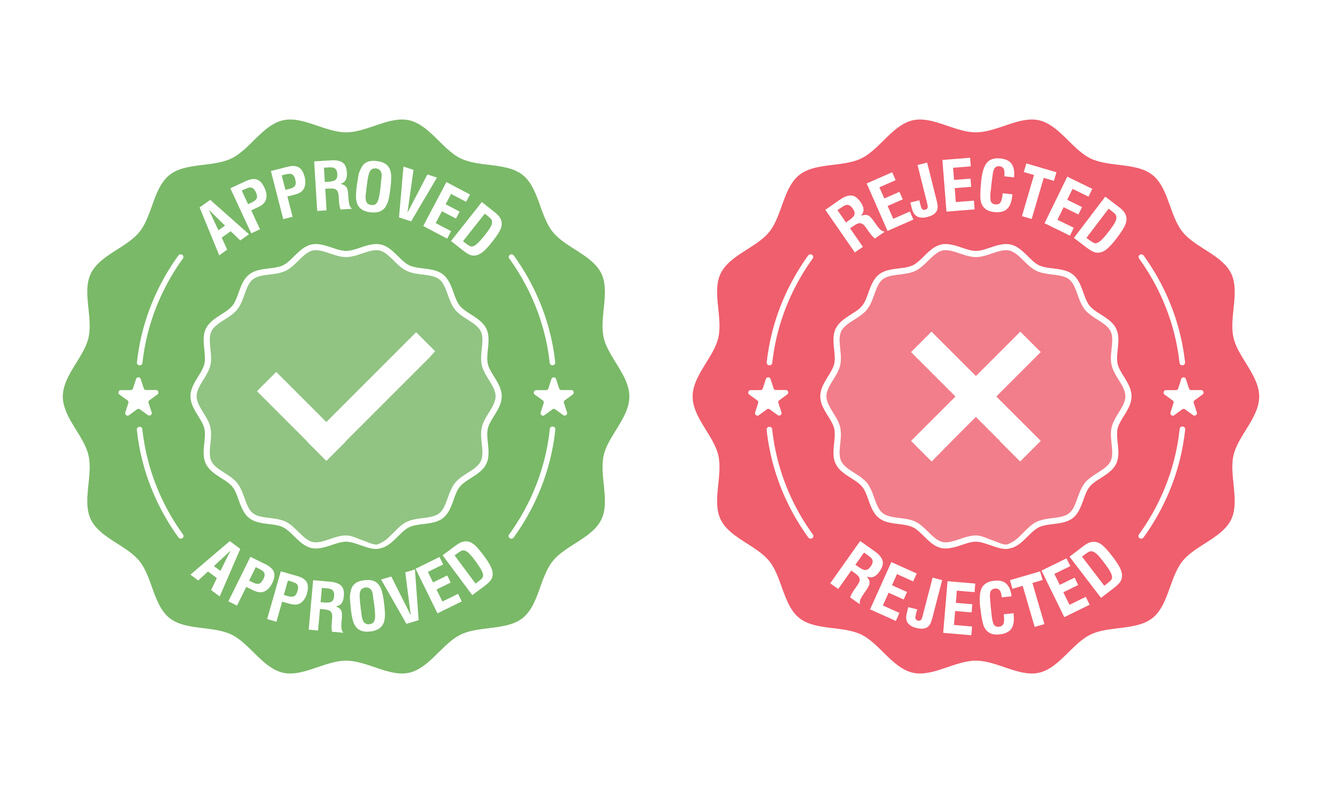For many families navigating the immigration process, the I-130 petition and the I-485 adjustment of status application are typically filed together to obtain lawful permanent residency in the United States. But what happens when the I-130 is approved—confirming the relationship between the petitioner and the beneficiary—while the I-485 is denied? It’s a confusing and stressful situation that leaves many applicants unsure of what to do next.

At Kasturi Law LLC, we assist clients across Illinois in understanding and resolving partial case outcomes. When only one part of your case is moving forward, it’s essential to know your legal options and how to protect your future status in the U.S.
Why I-485 Might Be Denied After I-130 Is Approved
An approved I-130 means USCIS has recognized the qualifying family relationship, such as a spouse, parent, or child. However, approval of the I-130 does not automatically guarantee that the green card (I-485) will follow. The adjustment application is a separate review that focuses on eligibility to remain in the United States.
Common reasons for I-485 denial include:
- Inadmissibility based on criminal history, prior immigration violations, or public health concerns.
- Unlawful presence or unauthorized work.
- Inconsistent or missing evidence during the adjustment interview.
- Misrepresentation or fraud in the application or supporting documents.
- Failure to maintain a lawful status before filing the I-485.
While frustrating, this mismatch does not necessarily end your immigration journey, but immediate action is essential.
Understanding Your Options After a Split Decision
When the I-130 is approved but the I-485 is denied, you may still be eligible for permanent residency. However, your path forward will depend on the reason for the denial and your current immigration status.
Your options may include:
- Filing a Motion to Reopen or Reconsider (Form I-290B) if the denial was based on an error in fact or law.
- Reapplying for adjustment of status if you remain eligible and can correct the issue.
- Pursuing consular processing abroad, using the approved I-130 to obtain a visa at a U.S. embassy.
- Requesting a waiver of inadmissibility, depending on the underlying issue.
- Appealing to the Board of Immigration Appeals (BIA) in limited circumstances.
Each route carries its risks and timelines, so it’s critical to carefully evaluate which strategy aligns with your long-term goals and current status.
Why You Shouldn’t Delay Legal Guidance
This type of case mismatch is not rare, but it is complex. Acting too slowly or choosing the wrong remedy could lead to removal proceedings, additional delays, or even loss of eligibility to adjust in the future.
Our experienced immigration attorney can:
- Analyze the I-485 denial notice for legal errors or evidentiary issues.
- Determine if a motion, appeal, or consular process is your best option.
- Prepare a compelling waiver application if necessary.
- Protect you from accidental triggers for deportation or inadmissibility.
- Coordinate the following steps based on your timeline and life circumstances.
Don’t Let a Denial Derail Your Case—Get Strategic Support Now
An approved I-130 is a strong foundation, but if your I-485 is denied, the clock starts ticking on what to do next. At Kasturi Law LLC, we assist clients across Illinois in evaluating their legal position, understanding their options, and taking prompt, informed steps forward.
Whether you’re in Arlington Heights, Aurora, Champaign, Chicago, Naperville, Schaumburg, or any nearby Illinois city, Kasturi Law LLC is here for you. Chicago immigration attorney Shobhana Kasturi provides consultations tailored to your needs—via Zoom, over the phone, or in person. You can quickly reserve a 30-minute or 60-minute session using our online calendar.


